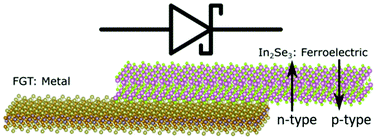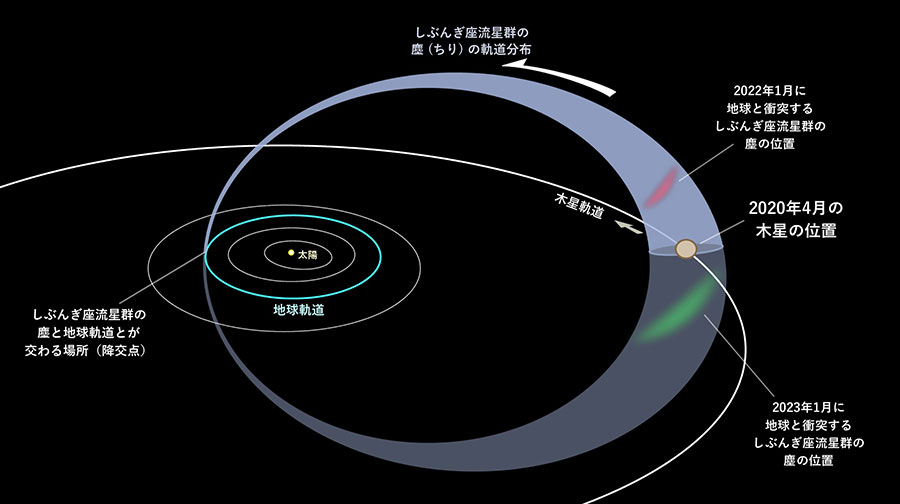2022-03-17 オーストラリア研究会議(ARC)
このハイブリッド材料は、将来のメモリーやテレビ、コンピューター、携帯電話などの電子機器に利用できる貴重な特性を持っています。最も重要なことは、この新しい積層構造の電子的特性を、外部からの歪みを必要とせずに制御できることで、将来の低エネルギー・トランジスタへの応用の道が開かれることです。
電界効果トランジスタやメモリデバイスなどのマルチフェロイックナノデバイスの新しい材料となる可能性があり、現在のシリコンベースの電子機器よりもはるかに少ないエネルギーで動作し、電子部品をより小さくできる可能性があります。
- https://excitonscience.com/news/together-were-stronger-developing-new-layered-material-future-electronics
- https://pubs.rsc.org/en/content/articlelanding/2022/NR/D1NR06906C
マルチフェロイックIn2Se3/Fe3GeTe2vanderWaalsヘテロ接合 におけるショットキー障壁の高さの調整 Tuning the Schottky barrier height in a multiferroic In2Se3/Fe3GeTe2 van der Waals heterojunction
Abstract
The ferroelectric material In2Se3 is currently of significant interest due to its built-in polarisation characteristics that can significantly modulate its electronic properties. Here we employ density functional theory to determine the transport characteristics at the metal–semiconductor interface of the two-dimensional multiferroic In2Se3/Fe3GeTe2 heterojunction. We show a significant tuning of the Schottky barrier height as a result of the change in the intrinsic polarisation state of In2Se3: the switching in the electric polarisation of In2Se3 results in the switching of the nature of the Schottky barrier, from being n-type to p-type, and is accompanied by a change in the spin polarisation of the electrons. This switchable Schottky barrier structure can form an essential component in a two-dimensional field effect transistor that can be operated by switching the ferroelectric polarisation, rather than by the application of strain or electric field. The band structure and density of state calculations show that Fe3GeTe2 lends its magnetic and metallic characteristics to the In2Se3 layer, making the In2Se3/Fe3GeTe2 heterojunction a potentially viable multiferroic candidate in nanoelectronic devices like field-effect transistors. Moreover, our findings reveal a transfer of charge carriers from the In2Se3 layer to the Fe3GeTe2 layer, resulting in the formation of an in-built electric field at the metal–semiconductor interface. Our work can substantially broaden the device potential of the In2Se3/Fe3GeTe2 heterojunction in future low-energy electronic devices.




